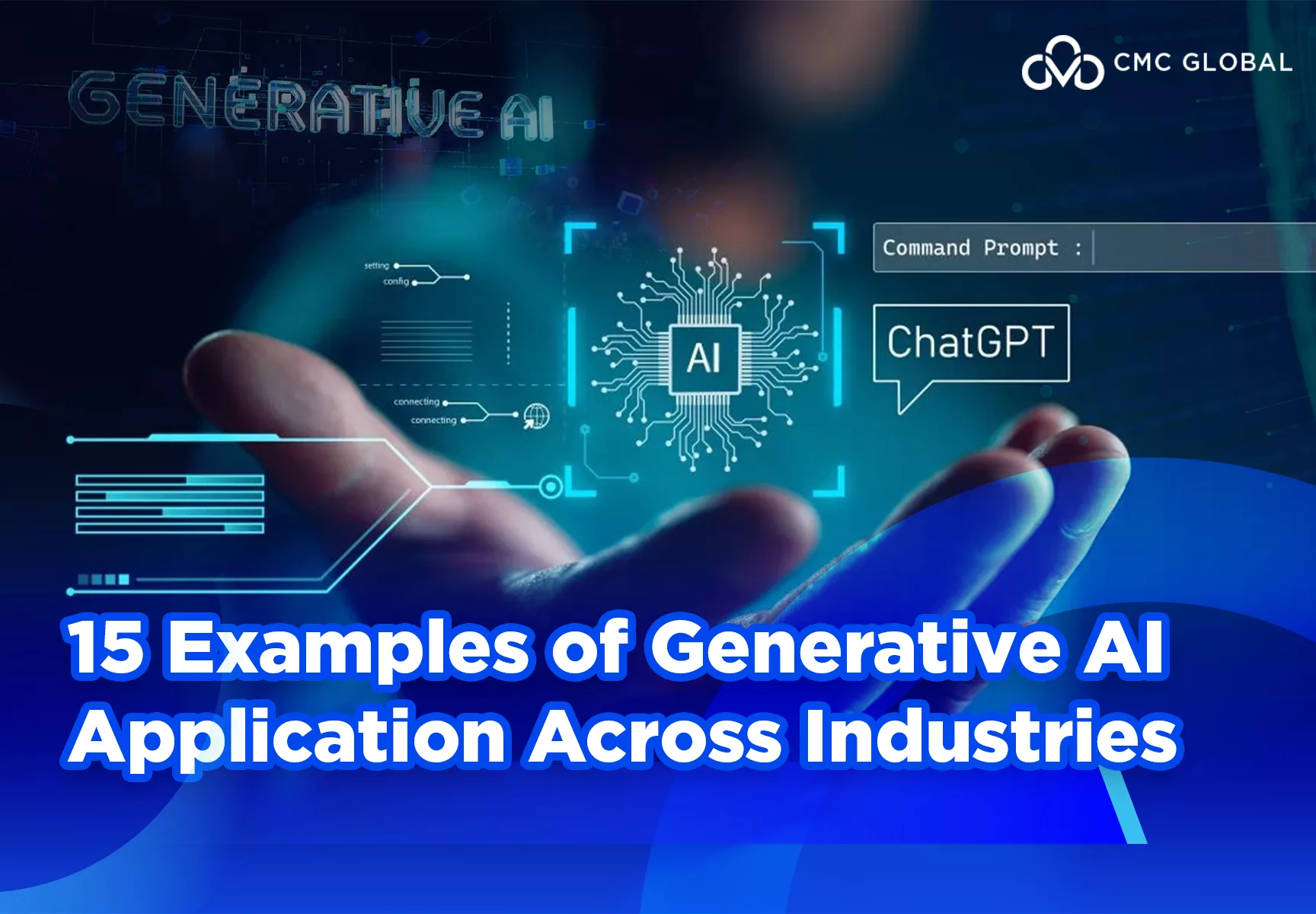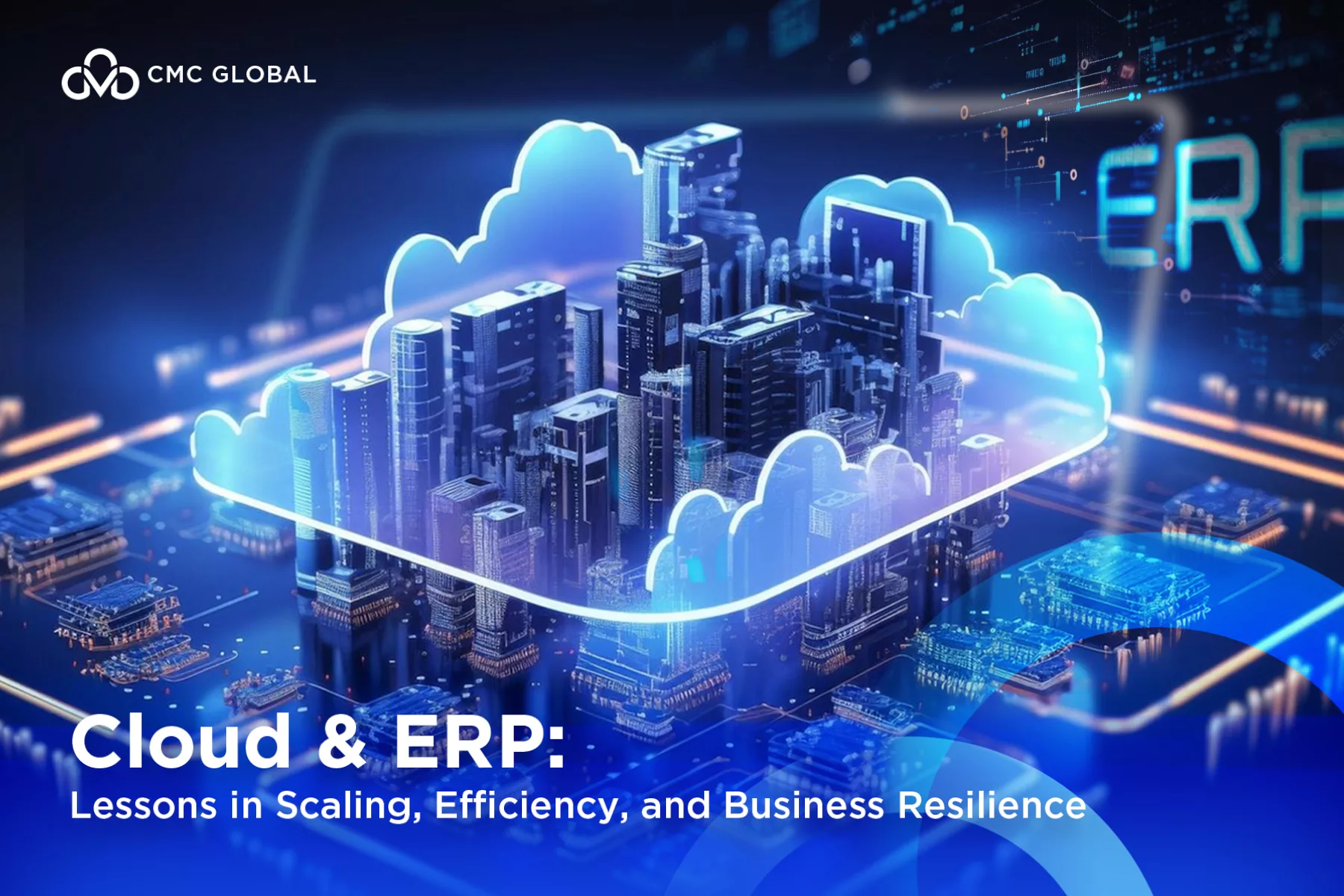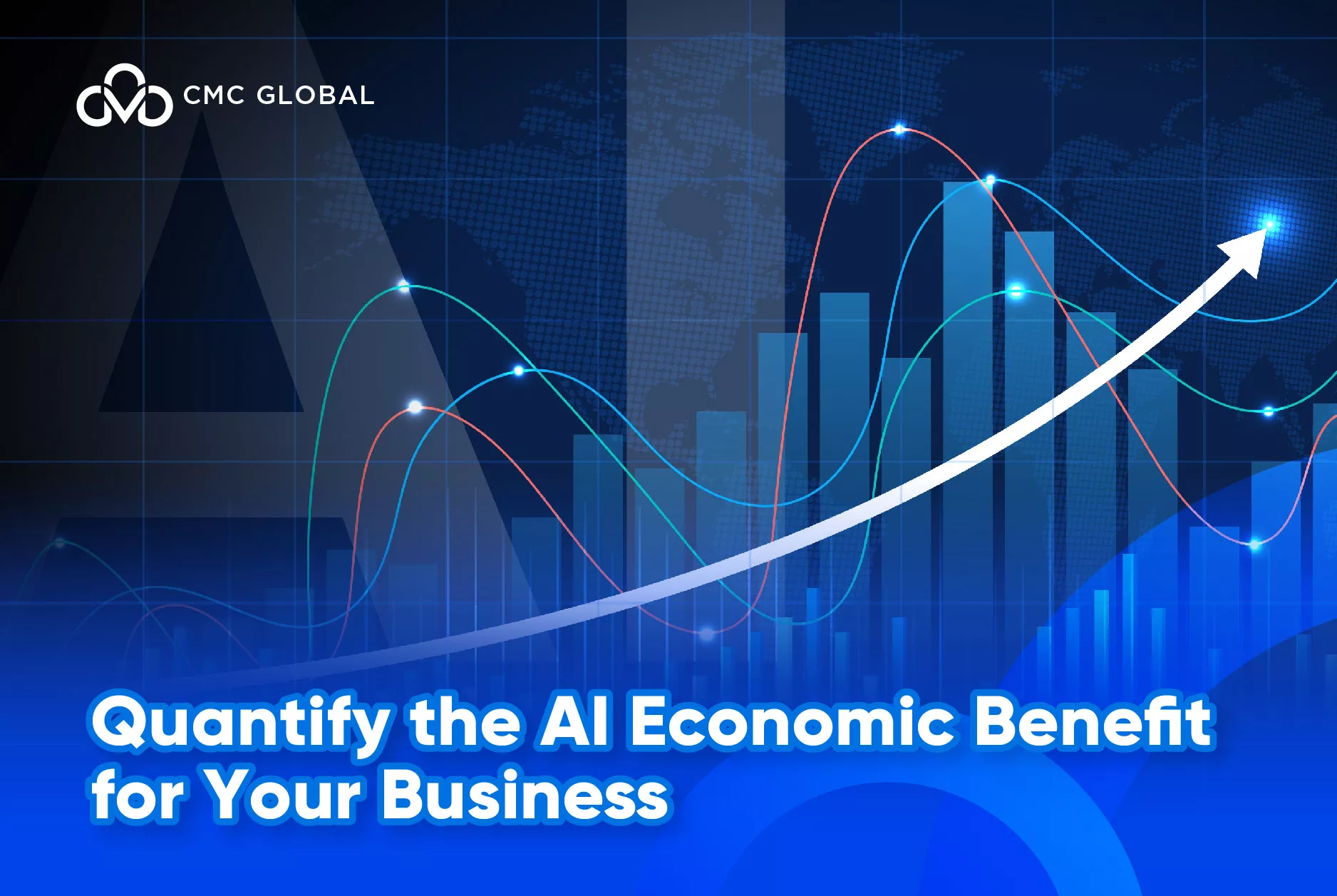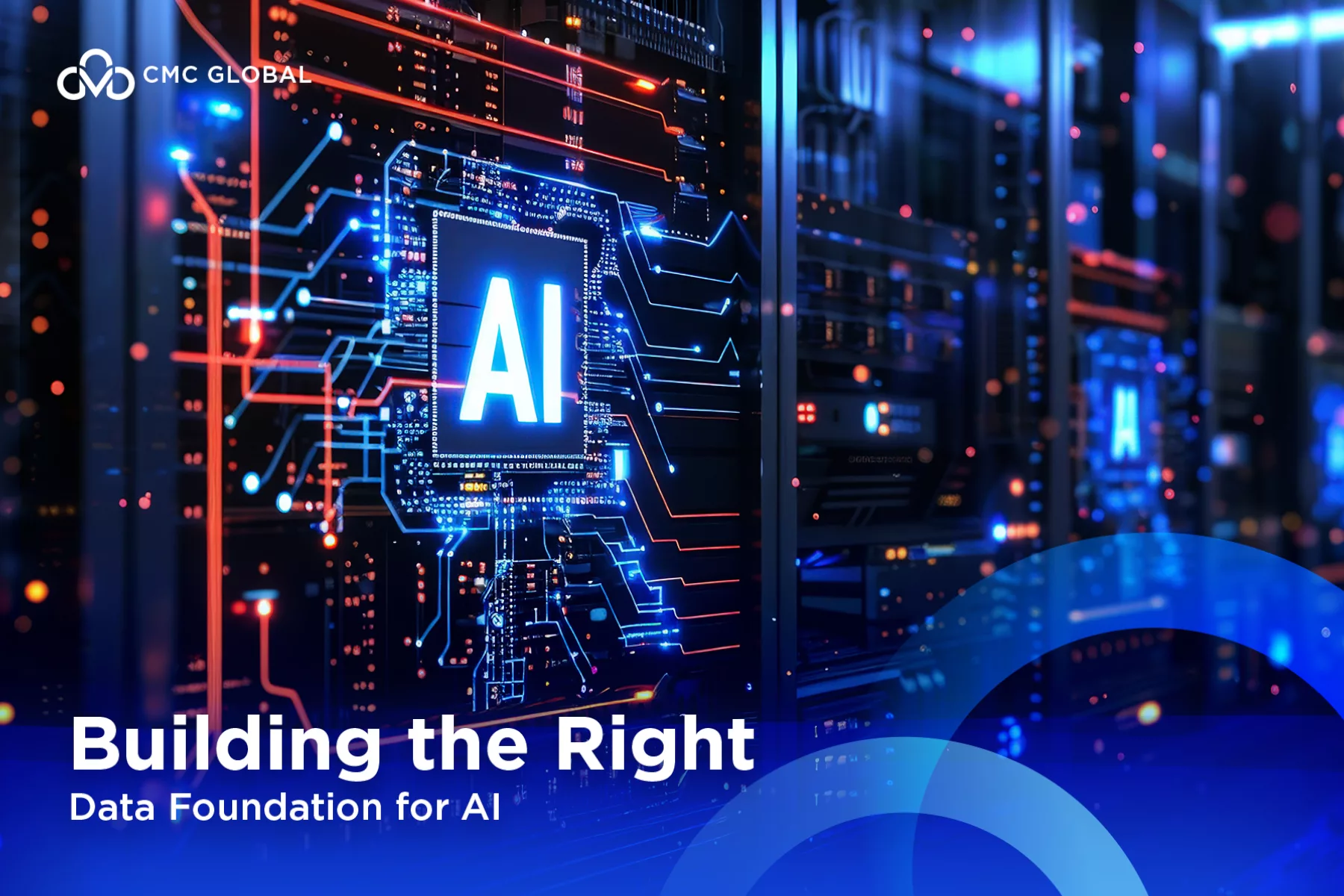Generative AI is an emerging trend on the path to widespread adoption. Gartner predicts that by 2026, more than 100 million people will rely on generative AI to assist with their work. In this article, you’ll discover 15 examples of generative AI applications across different industries and learn how to begin integrating generative AI into your organization.
What is Generative AI?
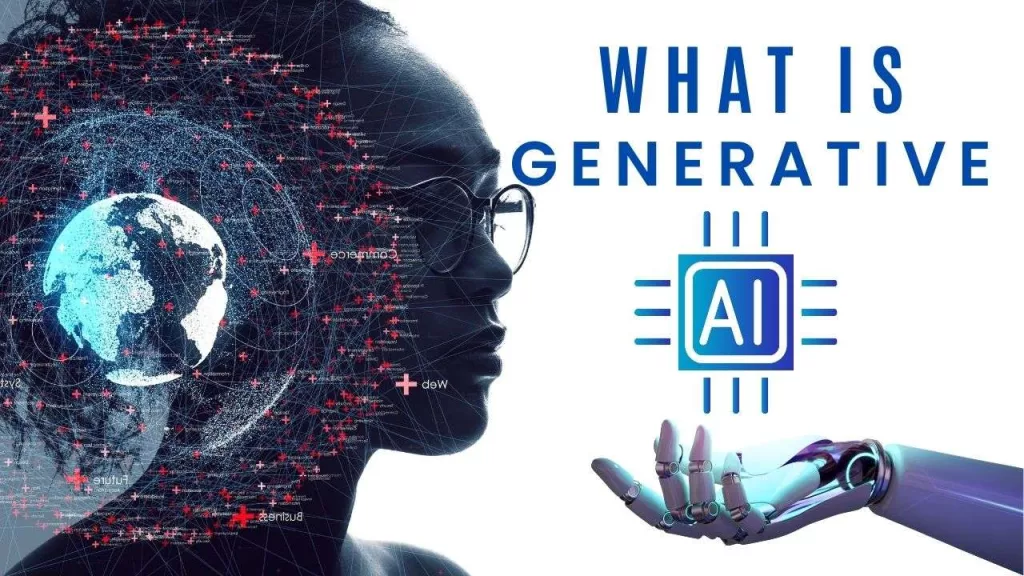
Generative AI refers to a type of artificial intelligence designed to produce texts or images in response to user inputs. This technology uses machine learning to generate outputs based on the prompts it receives. AI engineers train these models with extensive datasets, which the AI references to determine the most suitable response.
Essentially, generative AI can be seen as a form of predictive AI, where it forecasts the most appropriate words and their sequence to effectively address the user’s prompts. Generative AI can be used to create new written, visual, or audio content, simplify complex data, generate code, automate repetitive tasks, or enhance the personalization of customer service.
Examples of Generative AI
Some well-known examples of generative artificial intelligence include Google’s Bard, OpenAI’s ChatGPT, and DALL-E.
- ChatGPT and DALL-E: These generative AI tools were developed by OpenAI, a Microsoft-supported organization with a mission to create AI that benefits humanity, while operating under a profit-capped model.
- Google Bard: This is Google’s generative AI, designed to integrate seamlessly with Google products like Google Lens and Gmail. It runs on the PaLM-2 language model, which was trained on one of the largest datasets among generative AI models available at its launch.
15 Generative AI Examples Across Industries
Generative artificial intelligence is utilized across a wide range of industries, including healthcare, manufacturing, software development, financial services, media and entertainment, as well as advertising and marketing. Let’s explore how professionals in these sectors are leveraging generative AI within their fields.
Manufacturing industry
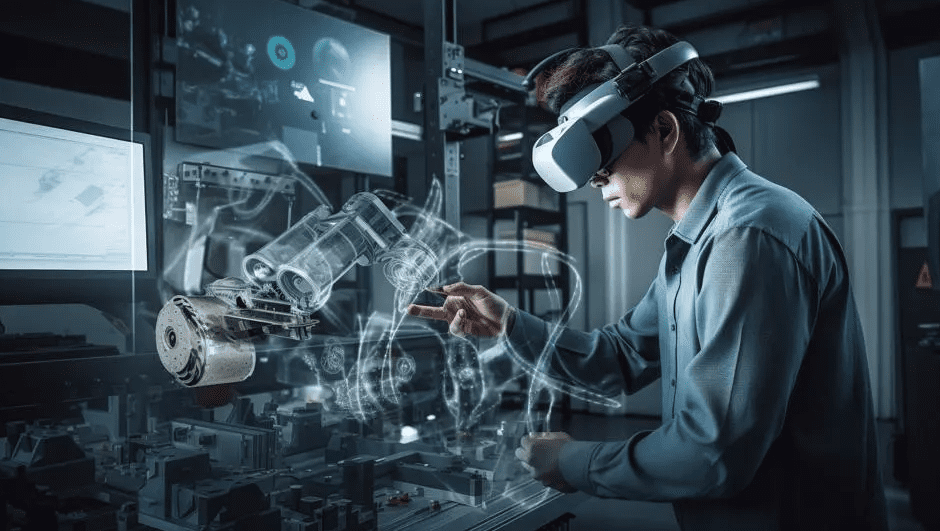
In the manufacturing sector, professionals can leverage the power of generative AI to enhance efficiency, predict maintenance needs before issues arise, assist engineers in rapidly developing superior designs, and strengthen the supply chain’s resilience. Let’s look into these potential manufacturing advancements:
- Speeding up the design process: With generative AI, engineers and project managers can accelerate the design phase by generating and evaluating ideas based on project constraints, streamlining the entire process.
- Providing intelligent maintenance solutions: Maintenance teams can leverage generative AI to monitor the performance of heavy machinery using historical data, enabling early detection of potential issues before equipment fails. Additionally, generative AI can suggest routine maintenance schedules.
- Enhancing supply chain management: Generative AI can be utilized to identify and resolve supply chain issues by analyzing vast amounts of transactional or product data through conversational interactions with the technology. It can also assist in generating optimized delivery schedules and supplier recommendations.
Financial services
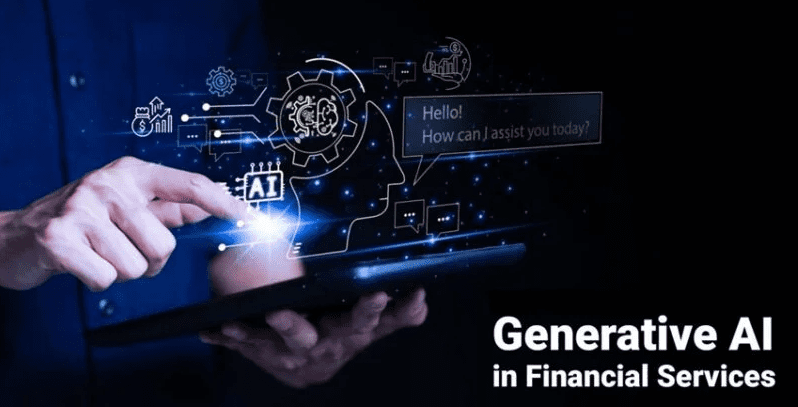
McKinsey estimates that generative AI could contribute between $200 billion and $340 billion in value to the banking sector annually. This advanced technology offers numerous applications in financial services, such as AI-driven investment strategies, drafting documentation, monitoring regulatory updates, and acting as an interpreter to enhance communication between clients and investors.
- Developing investment strategies: Generative AI can suggest optimal investment options customized to your client’s objectives. It can identify and execute trades much more quickly than human investors while adhering to the specific parameters you establish for the transactions.
- Enhancing communication and client education: Financial professionals often need to explain complex information to clients and colleagues. Generative AI can deliver highly personalized customer service, reducing the need for additional customer service staff.
- Efficiently drafting documents and tracking regulations: Generative AI can monitor regulatory changes, keep you updated on any developments, and quickly generate drafts for documents such as investment reports or insurance policies.
Pharmaceuticals and Healthcare
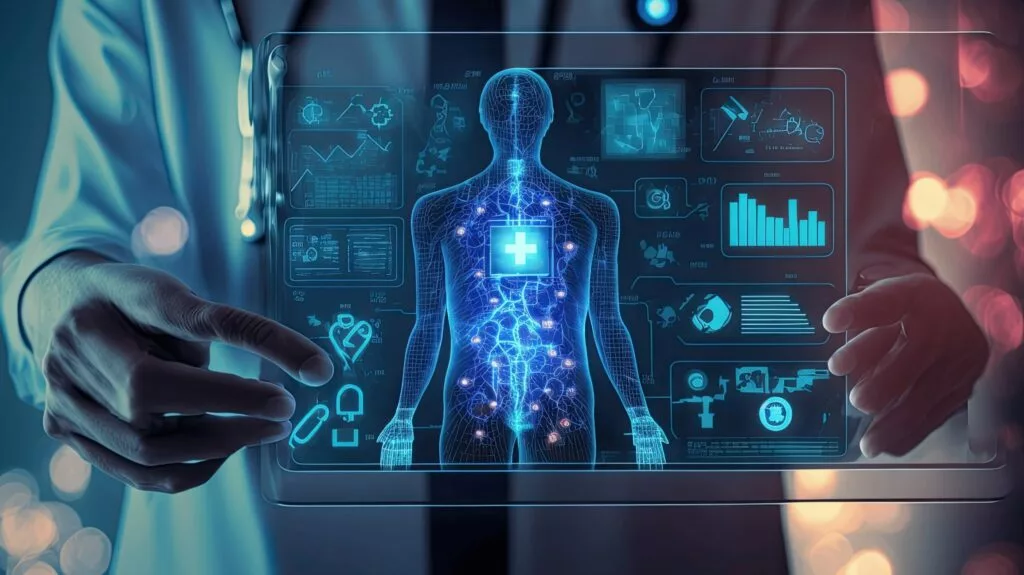
Generative AI is revolutionizing various aspects of the healthcare and pharmaceutical industries, from the discovery and development of life-saving drugs to the personalization of treatment plans and the creation of predictive imaging to track disease progression. Here are some of the potential applications of generative AI in healthcare:
- Enhancing medical imaging: Generative AI can improve medical images like X-rays or MRIs by synthesizing, reconstructing, or generating new images that can illustrate how a disease might evolve over time. It can also create detailed reports based on these images.
- Drug discovery: Researchers can leverage generative AI through a related approach known as generative design to innovate and develop new medications. Gartner predicts that by 2025, 30% of newly developed drugs will incorporate generative design principles.
- Streamlining patient notes and information: Healthcare professionals often record and manage patient care notes. Generative AI can simplify these tasks by summarizing patient information, transcribing verbally recorded notes, or extracting critical details from medical records more efficiently than manual efforts.
- Personalized treatment plans: Generative AI can analyze extensive patient data, including medical images and genetic tests, to craft individualized treatment plans tailored to each patient’s specific needs.
Media and entertainment
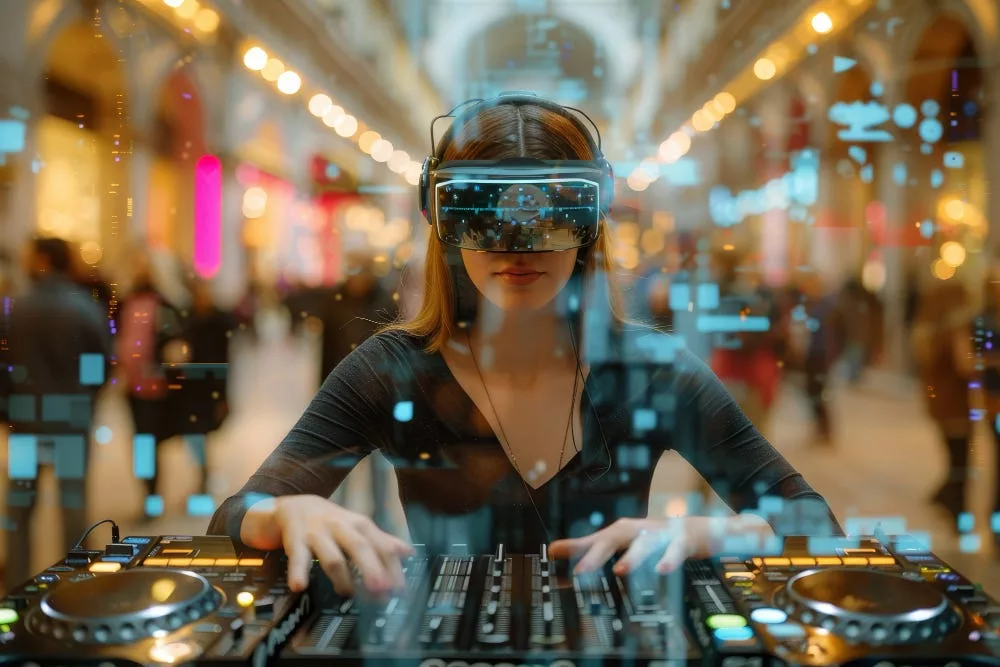
The media and entertainment industry could greatly benefit from generative AI, given that both fields are focused on producing original content. Generative AI offers several applications, including creating and editing visual content, generating short highlight videos for sports events, and simplifying the use of content management systems.
- Producing audio and visual content: Generative AI can generate entirely new video content from the ground up. It also aids in speeding up the creation of visual content by adding special effects, incorporating graphics, or making the editing process more efficient.
- Creating sports and event highlights: For sports and live events, generative AI can quickly produce highlight reels, and it also empowers fans to create personalized highlights. For instance, fans could generate highlights for a specific play or an entire tournament series.
- Enhancing content management with tagging: Generative AI can automatically tag and index large media libraries, making it easier to find the files you need at any given time. Similar to its applications in manufacturing, generative AI allows users to search for information or media within a complex library using natural, conversational language.
Advertising and marketing
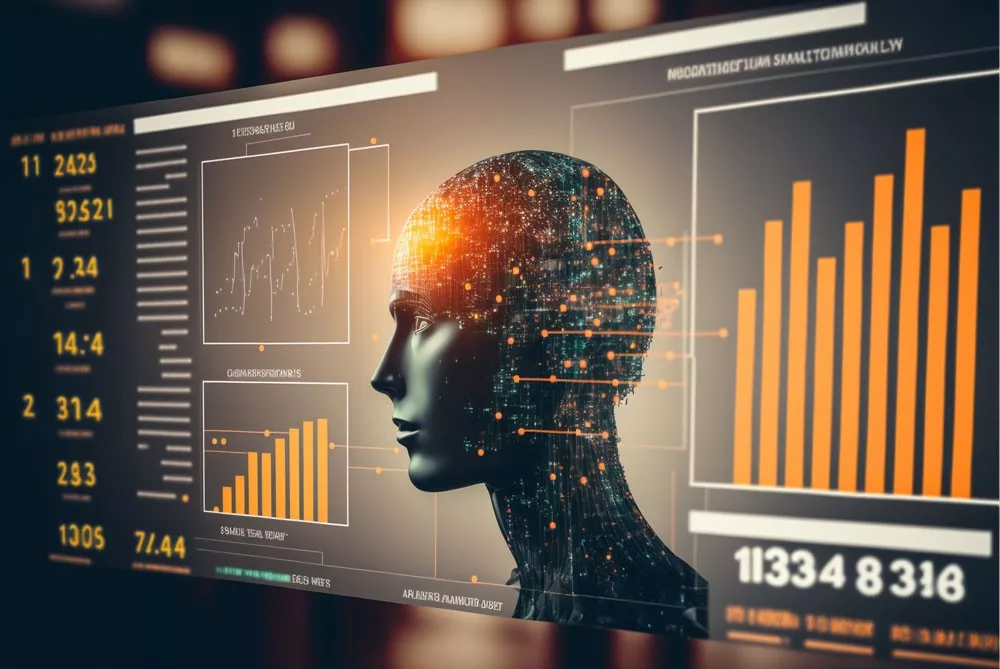
Generative AI provides numerous solutions for advertising and marketing professionals, such as creating the text and images needed for campaigns or discovering innovative ways to engage with customers. Here are some examples of how generative AI can be applied in advertising and marketing:
- Creating marketing text and images: Generative AI enables marketers to produce consistent, on-brand text and visuals for use in marketing campaigns. This technology also includes translation tools to expand your marketing efforts into new regions. According to Gartner, by 2025, 30% of outbound marketing materials will be generated using generative AI.
- Producing personalized recommendations: Generative AI is instrumental in developing advanced recommendation engines that help customers find new products they might enjoy. This technology makes the process more interactive and engaging for customers.
Why Is Gen AI So Important, And What Does It Signify?
Incorporating generative AI into your organization presents a revolutionary opportunity to elevate customer experiences, stimulate business growth, and open up new avenues for innovation. By tackling critical challenges, maintaining trust and security, and cultivating a culture of openness and collaboration, organizations can fully leverage AI-powered strategies to stay competitive in the fast-paced digital world.
With CMC Global by your side, you can begin a journey of AI-driven innovation and explore the boundless potential of generative AI. Contact us for further details.
